Niraj Antani, a Republican running for US Congress, is aggressively projecting his Hindu faith. Bhavini Patel, a Democrat running for Congress, is battling allegations of courting Hindu nationalist donors. And Indian-descent donors are pressing the Biden-Harris campaign for a “Hindu page” in its 2024 campaign manifesto.
The “Hindu Vote” appears to have become a factor in US politics. There is no rock solid count of Hindus in the US because the US Census does not record religious affiliation in its surveys. But there are several estimates.
Pew Research Center said 0.7 per cent of Americans were Hindu in 2015 and that their number is projected to grow to 4.8 million by 2050. Harvard Divinity School estimated their number to be 2.5 million in 2018. And some Hindu Americans put the number generously at 5 million, which, they concede, includes Sikhs and Jains. As crucial as their number is US politics, so is their ability to write big donation checks.
Niraj Antani, an Ohio state lawmaker who is running in the Republican primary for a congressional seat, has frequently described himself as Hindu and posted this message on X, to mark the inauguration of the Ram temple in Ayodhya: “As the 1st Hindu American State Senator in Ohio history, today it was my privilege to do Darshan to Lord Ram at @BAPS Cincinnati Mandir to mark the opening of his Mandir in Ayodhya. As we celebrate this occasion, let us stand for religious freedom around the world. Jai Shri Ram!” His pinned post on X is an endorsement from the Hindu American PAC.
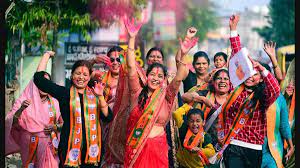
Bhavini Patel, a Democrat who is seeking to unseat the incumbent Democrat in a congressional race in Pennsylvania, is being attacked by her opponent for courting Hindu nationalist donors, as also for her unstinting support for Israel.
A fundraising call she hosted with Mihi Meghani, a co-founder of the Hindu American Foundation was being cited as proof of her courting Hindu groups. Meghani is also the chair of the Hindu American PACs whose endorsement is a pinned post on Antani’s X feed.
The Patel campaign has denied these allegations. The back and forth only demonstrates the growing presence of a Hindu vote in US politics.
“There was always a Hindu vote, which was not recognized publicly,” said Ramesh Kapur, a longtime Democratic donor and strategist.
“But it is being recognized now, and has come to the fore in the context of the 2024 elections.” A bunch of donors are also pressing the Biden-Harris re-election campaign to include a “Hindu Page” in its manifesto, whenever it is announced.
The same group had tried but failed to convince the Biden campaign to feature the same page in its manifesto that ran on the campaign’s website as “Joe’s Vision”. It had sections dedicated to Muslims, Jews, African American, and so on. The campaign did issue Biden’s agenda for Indian Americans but this group of Hindu donors were insistent on a “Hindu Page” in “Joe’s Vision” specially because of the observances in the section for Muslims.
“Joe Biden has been disappointed by the measures that the government of India has taken with the implementation and aftermath of the National Register of Citizens in Assam and the passage of the Citizenship Amendment Act into law,” it had said, referring laws that sought to fast-track citizenship request from non-Muslims fleeing neighboring countries and keeping a national registry of citizens.
Both laws remain un-enforced.
These donors are pressing for the page with an offer to provide President Biden the cushion of Hindu American votes to offset the possible boycott of Arab and Muslim votes over the administration’s support of Israel’s offensive against Hamas in Gaza, especially in the key swing states that tend to determine most presidential races.
A phrase being used frequently in this context is “plug the gap”.
Wisconsin, one of the swing states, will be critical. Biden won this state by 20,000 in 2020. It has an estimated 38,400 Hindu Americans and they may be able to cushion the blow from the boycott by the state’s 68,000 Muslims to an extent. These numbers come from a document prepared by these donors to make their case.
Hindu Americans are more confident of their ability to help Biden better in Georgia, a state he won by roughly 12,000. The state is home to 172,000 Hindu Americans, who can more than compensate for its 123,000 Muslims.
In Pennsylvania, which Biden won by 44,000, Hindu Americans number 129,700 to 149,500 Muslim Americans. Hindu Americans are not able to fill the gap completely but, they are arguing, they can help the campaign fill the gap.
But all this presumes Hindu Americans will turn up and vote and not, as mostly before, staying home. These Hindu Americans feel particularly confident of their clout on account of two key political developments.
One, they believe, they helped Glenn Youngkin, a Republican, win the Governorship of Virginia, and, two, convinced Gavin Newsom, the California Governor with widely acknowledged White House aspirations, to veto a legislation passed by the California legislatures to add “caste” to the list of prohibited discriminatory practices.
Hindu Americans are mostly of Indian descent but a sizable number of them are also from Nepal, Bangladesh, Pakistan, the Caribbean, Afghanistan and American converts such as former congresswoman Tulsi Gabbard’s family.
Indian Americans have been a growing political force in the US, but many among them have begun to differentiate themselves as Hindu Americans, a trend that has been helped along by the rise of the BJP in India, specially the immense popularity of Prime Minister Narendra Modi. Multiple groups have cropped up with names wrapped around the word “Hindu” — Republican Hindu Coalition, American Hindu Coalition, Hindus 4 America, Hindu American PAC (Political Action Committee).
Raja Krishnamoorthi, Ro Khanna and Pramila Jayapal, the three Indian American members of the House of Representatives are all Hindu, but they have rarely, if ever, flouted their faith to further their politics. And they have now been members of US Congress since 2017, serving three terms. Shri Thanedar, who joined them in the House in 2023 has been demonstrably bolder. He heads the Hindu Caucus in the House. (IANS)

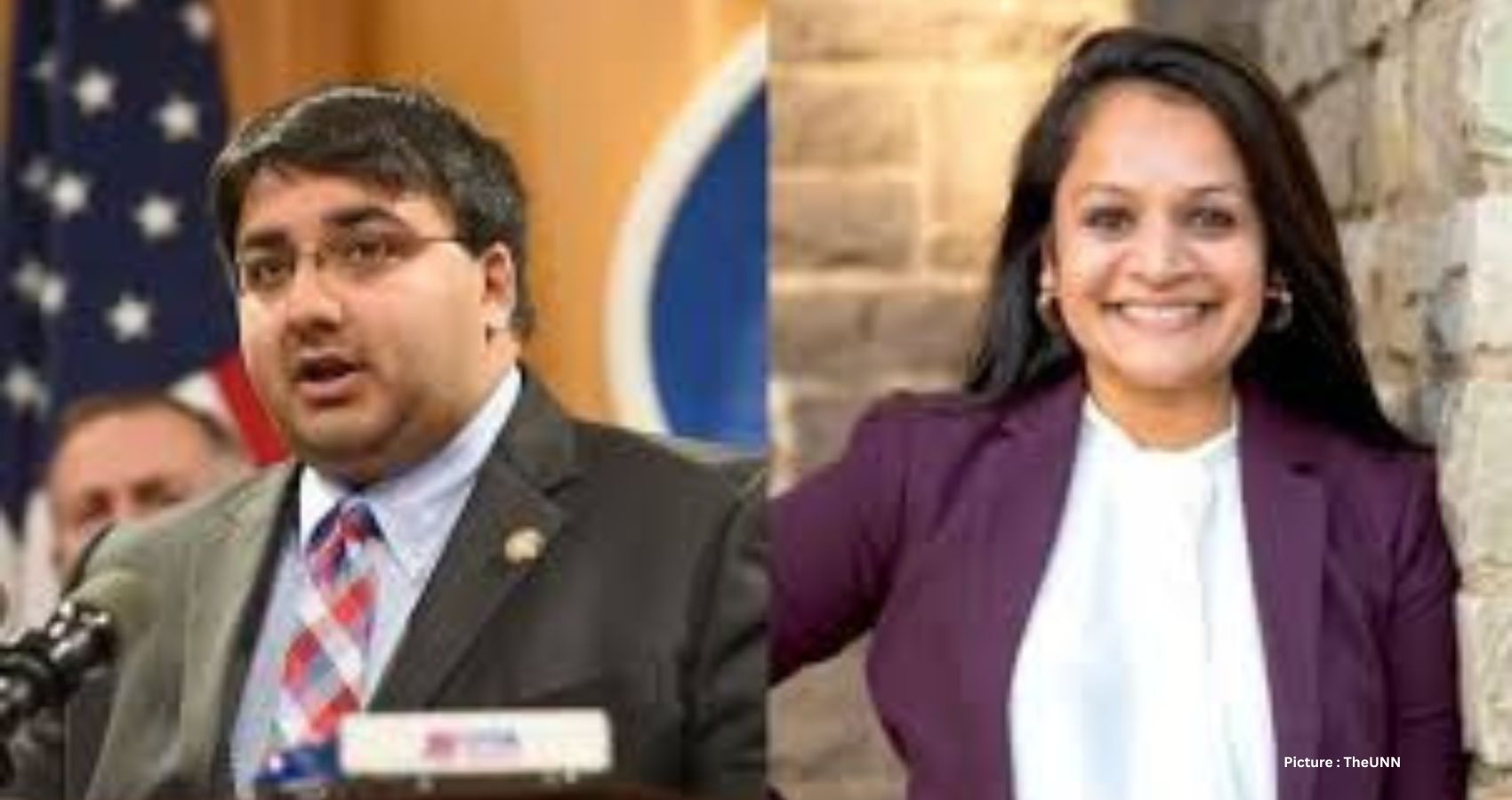
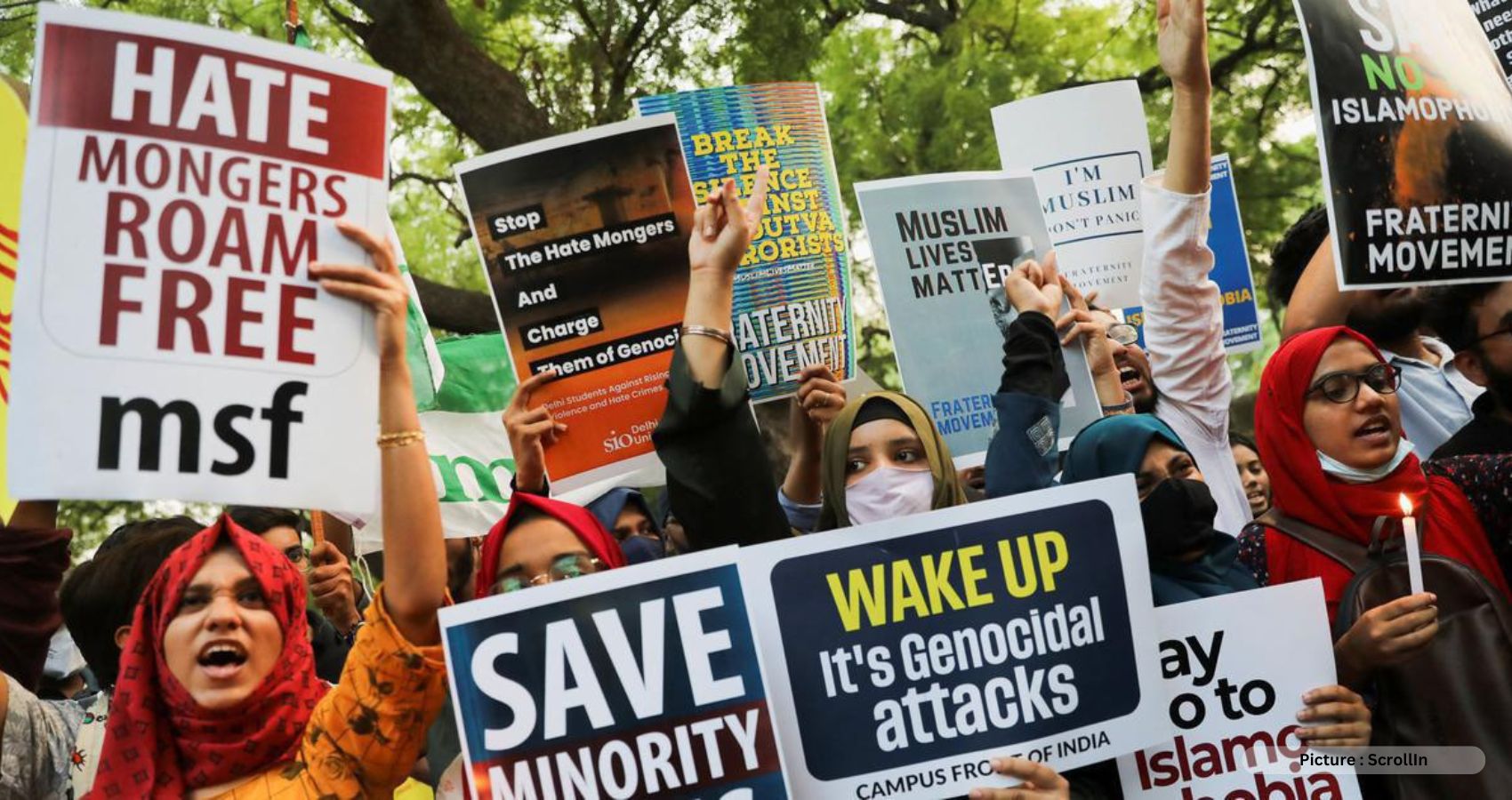
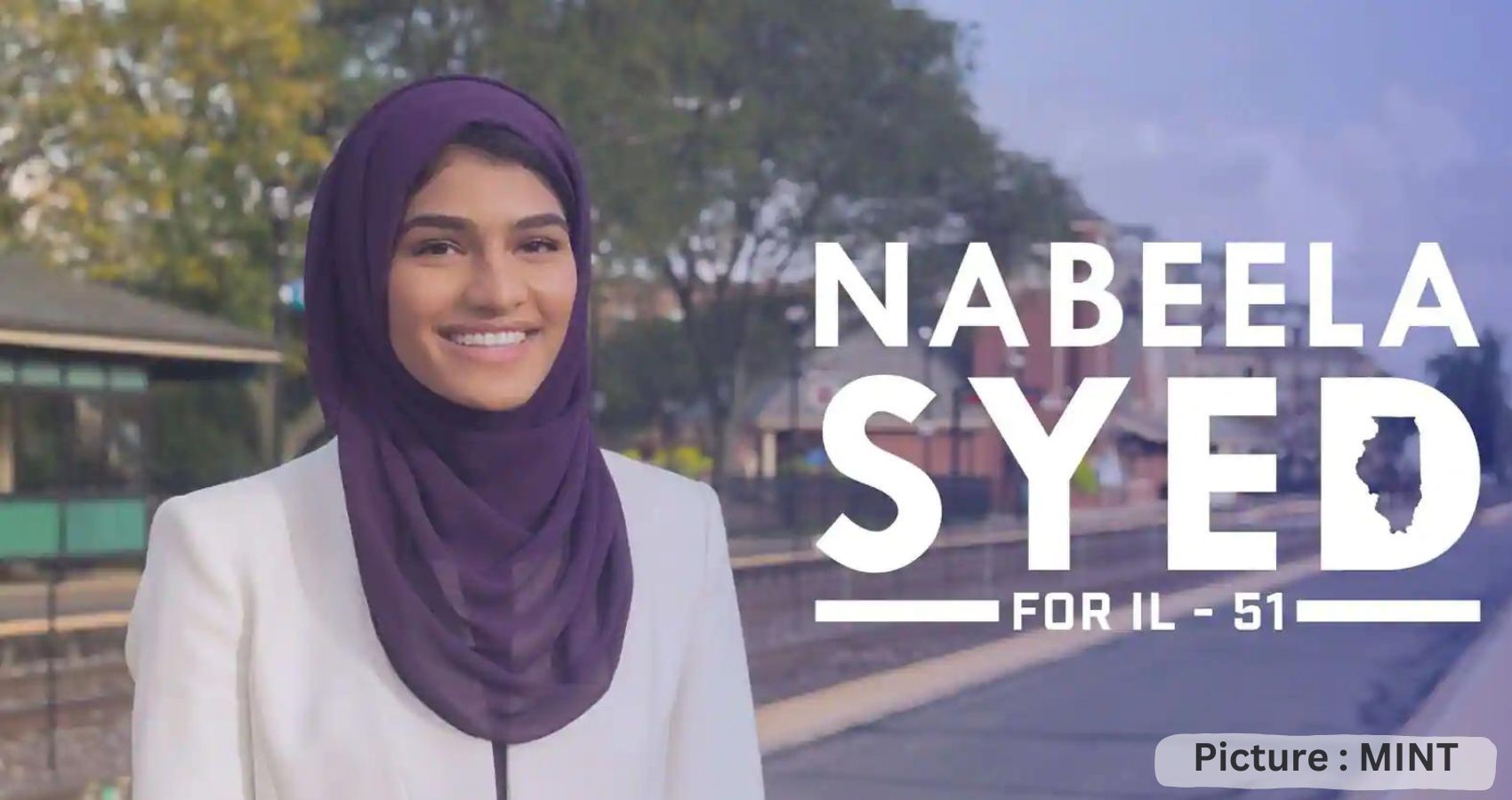


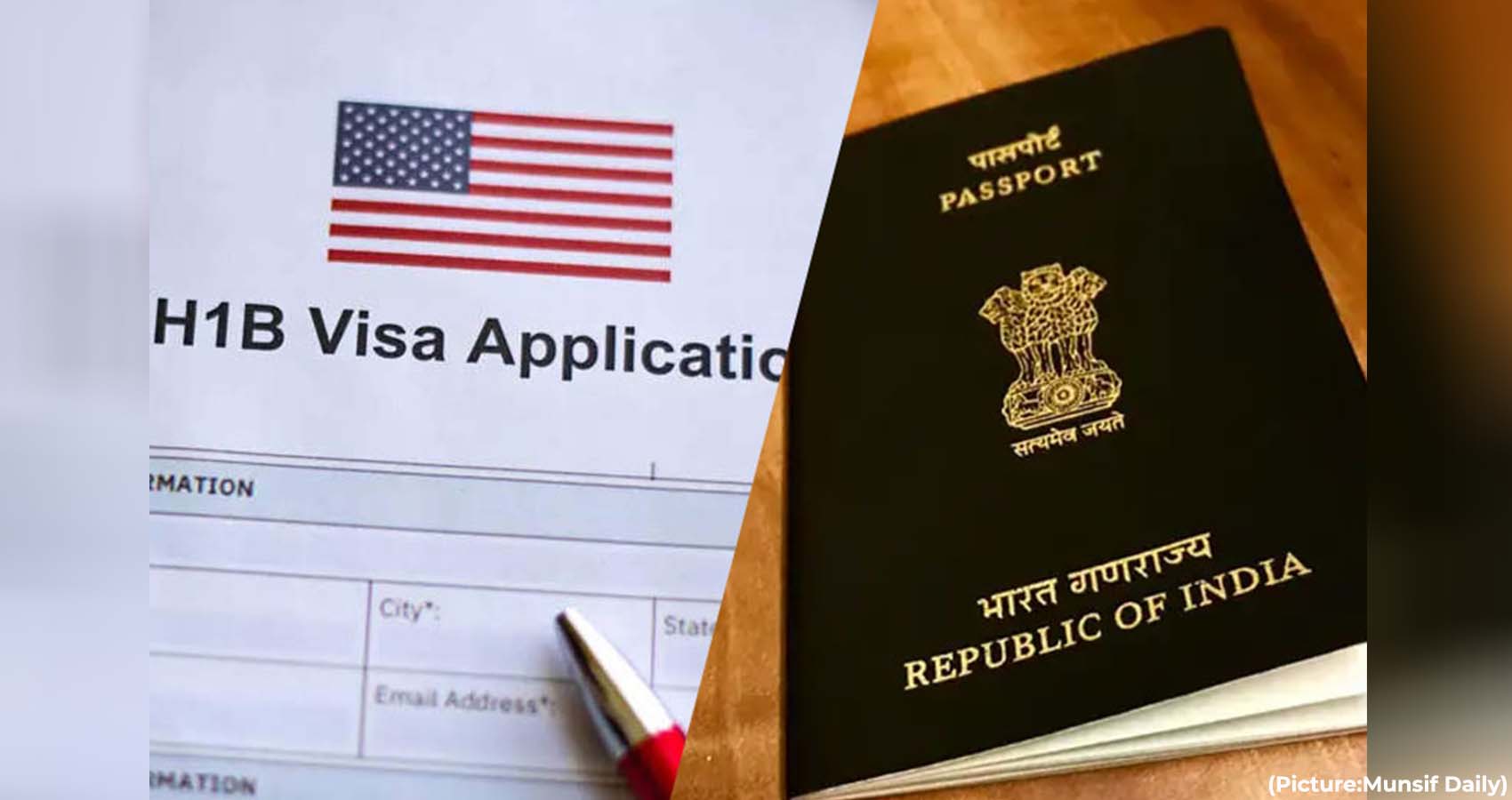
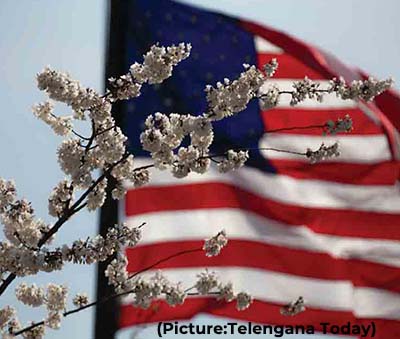 The US approved 407,071 H-1B petitions in 2021 and 301,616 of them 74.1 per cent were for Indian workers, according to the latest report on this topic released recently by the Department of Homeland Security, the government agency that oversees immigration.
The US approved 407,071 H-1B petitions in 2021 and 301,616 of them 74.1 per cent were for Indian workers, according to the latest report on this topic released recently by the Department of Homeland Security, the government agency that oversees immigration.